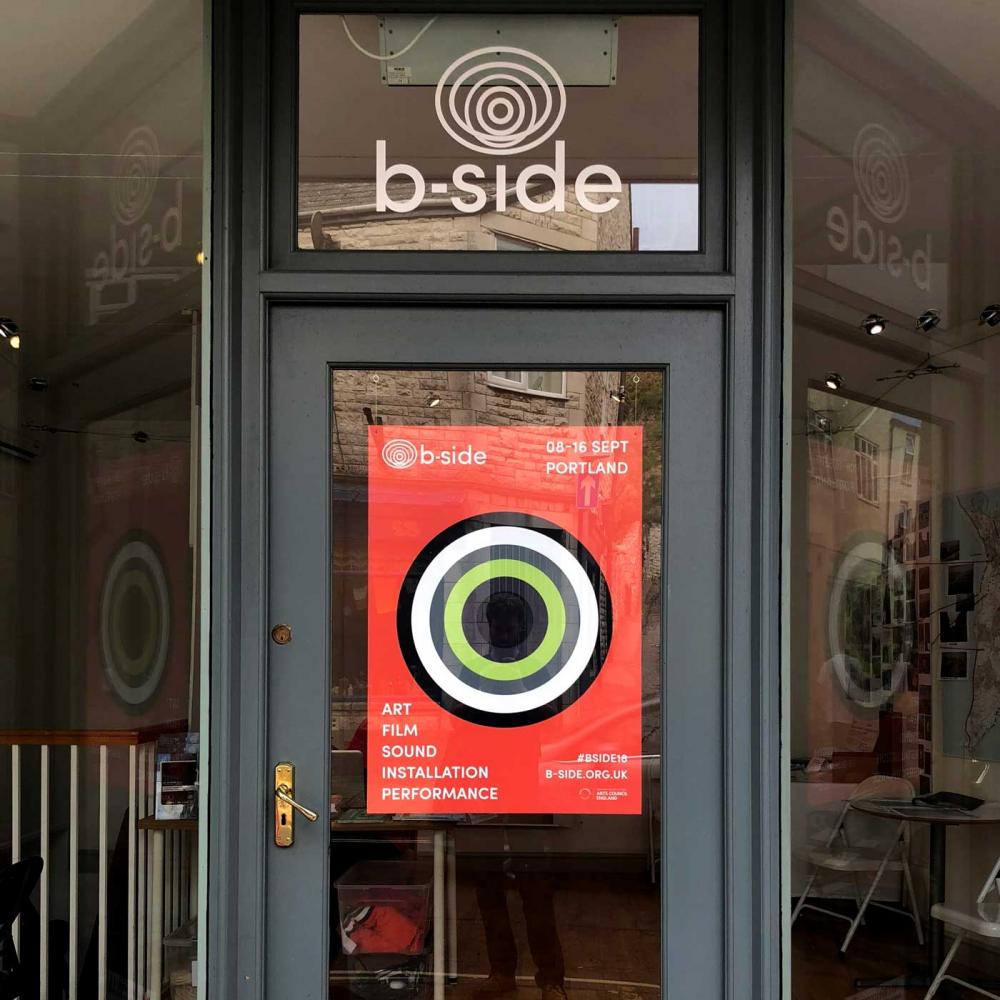19th December 2012 by Alice Ralph
In part four of our Wired Canvas Discuss series, freelance journalist Amy Oliver got us talking about image copyright in social media – and just who owns your images once you upload them to Facebook, Twitter, Instagram or Flickr…

Alice: Is that a Big Grey Area?
Rob: Yes, yes it is. As we’re discussing image copyright, I thought a Big Grey Area would be appropriate.
Alice: It used to be quite straight forward didn’t it: someone takes a picture and then you pay that person to use it. But now, with Facebook, Twitter, Instagram and Flickr it’s all a bit of a muddle.
Rob: Well, technically you’re wrong, Alice (let me just savour this moment). Currently, you should not use another person’s content – even for private use – without their permission. Like everything, there are exemptions for non-commercial use or for study.
Alice: Right. So it’s illegal to use other people’s content without permission.
Rob: Well, it’s not really illegal, but the copyright owner could make a claim against you. Currently the law is rather draconian, but is being changed (slowly). The Hargreaves Review into the country’s intellectual property framework will hopefully make it easier. There’s a wealth of reading; knock yourself out.
Alice: My brain hurts. What about the big four: Facebook, Twitter, Flickr and Instagram. What do they say about it?
Instagram Photo Copyright
Rob: Let’s start with Instagram (owned by Facebook) because they’ve just issued a very disturbing and confusing set of new rules, and promptly back-tracked following public outcry.
Alice: Oh dear. Watch out Justin Bieber.
Rob: Indeed. From January 16, Instagram’s terms and conditions are changing – and it appears that they will have the ongoing right to sell users’ pictures to companies without notification. The companies will pay Instagram, but Instagram will not pay users. Just to be clear: Instagram will NOT pay users.
Alice: Crikey. What if you don’t want those holiday snaps of your four-year-old on the beach peddled for corporate use?
Rob: Well, since this was announced earlier this week there has understandably been a huge public outcry and Instagram have issued this statement in which they appear to be removing that part from their new terms (our favourite quote from this article is “Legal documents are easy to misinterpret.”). Everything seems to be a bit up in the air, so watch this space! If you are worried about it, or perhaps even a little disgusted, make sure you check back after Christmas as you will have until January 16 to decide whether you want to delete your Instagram account. Shall we move on to the mothership – Facebook?
Facebook Photo Copyright
Alice: I’m depressed already.
Rob: Have a biscuit. Facebook says: ‘When you publish content or information using the Public setting, it means you are allowing everyone, including people off Facebook, to access and use that information, and to associate it with you (i.e., your name and profile picture).’
Facebook then says that by signing up you ‘grant’ them a ‘non-exclusive, transferable, sub-licensable, royalty-free, worldwide license’ (subject to your privacy settings) to use any photos and videos you post on Facebook. http://www.facebook.com/legal/terms
Alice: So Facebook doesn’t own your content, but can pretty much do whatever they want with it for free. But if a user posts an image on your Facebook wall, say of Justin Bieber in high resolution, what can you do with that image?
Rob: That image belongs to the copyright owner – the person who took the picture – so you shouldn’t really do anything without permission. Even Facebook states that ‘you will obtain their consent’ when it comes to ‘collecting information’. However, the reality of the internet is different. In this digital age, link backs are modern currency. Many people will be happy to let you use a picture or a video if you ask their permission and agree to credit them and their website.
Alice: OK, I’ve got that. What about Flickr?
Flickr Photo Copyright
Rob: Flickr is different. Many users offer their work under a ‘Creative Commons’ licence. The CC licence enables people to share their content for free. However, the licence is flexible so the user could ban the free use of their content for commercial purposes or request a credit. Check carefully before whacking any Flickr image onto your website. Here are their guidelines:
- Copyrighted (All Rights Reserved)
Don’t tough these pictures with a barge pole, unless you have permission from the original author. - Attribution*
‘You let others copy, distribute, display, and perform your copyrighted work – and derivative works based upon it – but only if they give you credit.’ - Non-commercial
‘You let others copy, distribute, display, and perform your work – and derivative works based upon it – but for non-commercial purposes only.’ So if your site or blog has advertising, these are a no no. - No Derivative Works
‘You let others copy, distribute, display, and perform only verbatim copies of your work, not derivative works based upon it. - Share Alike
‘You allow others to distribute derivative works only under a license identical to the license that governs your work.
Alice: Bit of a minefield isn’t it?
Rob: Helpfully, Flickr arrange photos by licence, so you can browse the types best for you. They’ve thought of everything.
Twitter Photo Copyright
Alice: Finally, Twitter (make it quick, I’m losing the will to live).
Rob: Twitter has pretty much the same rules as Facebook.
Alice: So the moral of this rather long blog post is?
Rob: Official line: Always get permission from the person who owns whatever it is you want to use. Off the record line: It’s a Big Grey Area out there. Tread carefully. Blog moral: Today’s copyright policy is tomorrow’s chip paper, i.e. it all changes so bloody quickly.
Alice: Shall we recap in handy bullet point form?
Rob: Let’s:
- You shouldn’t use another person’s content – even for private use – without their permission.
- Like everything, there are exemptions for non-commercial use or for study.
- Instagram: From January 16, Instagram will have the ongoing right to sell users’ pictures to companies without notification. The companies will pay Instagram, but Instagram will not pay users.
- Facebook: When you publish content or information using the Public setting, it means that you are allowing everyone, including people off Facebook, to access and use that information, and to associate it with you (i.e., your name and profile picture).’
- By signing up you ‘grant’ Facebook a ‘non-exclusive, transferable, sub-licensable, royalty-free, worldwide license’ (subject to your privacy settings) to use any photos and videos you post on Facebook.
- Should you want to use a picture from someone’s Facebook profile, you should seek his or her permission. Facebook states that ‘you will obtain their consent’ when it comes to ‘collecting information’.
- Flickr: The website allows users to attribute certain rights to each photo they upload. For example: some photos are copyright protected, others are free to use for non-commercial use only. Helpfully, Flickr arranges all content into each licence category.
- Twitter: Pretty much the same rules as Facebook
- If in doubt, seek permission from the copyright owner
- Blog moral: Today’s copyright policy is tomorrow’s chip paper.
- We should have Storify’d this…
*Street Photographer image used in this blog by Nicolas Alejandro on Flickr Stock. That’s called ‘Creative Commons Attribution’ right there, BOOM!










